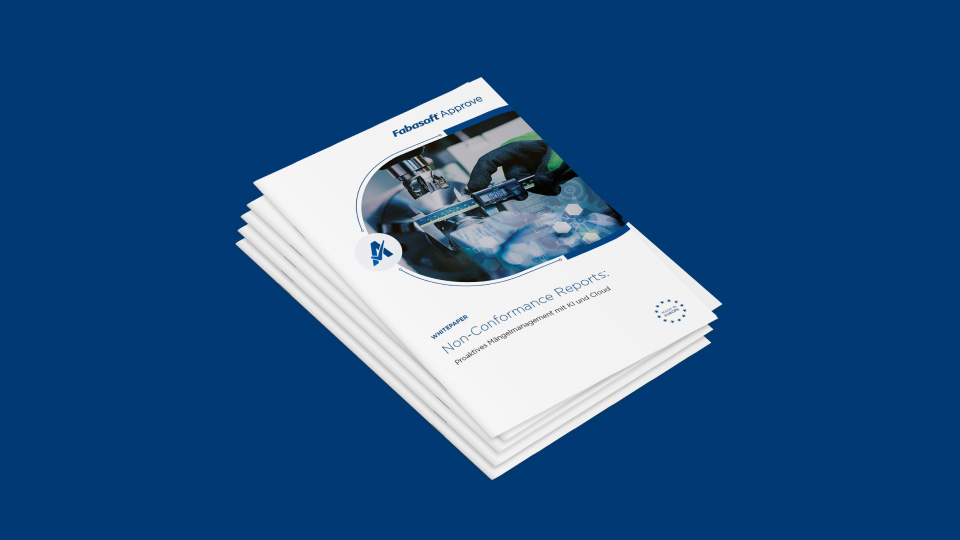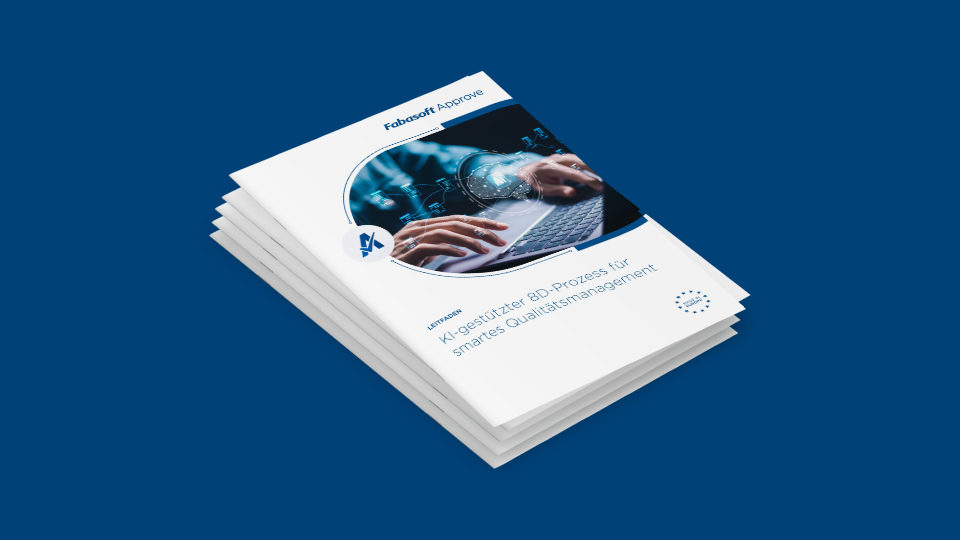Companies are now required to issue sustainability reports that comply with the Corporate Sustainability Reporting Directive (CSRD). But once the report is finalized, the next challenge is engaging with new stakeholders who can now compare their performance across organizations and sectors. What’s the best way for a company to tackle this next hurdle? Christian Keck, Head of Sales at Fabasoft Xpublisher, and Ulrich Helzer, Managing Partner at zNT, provide answers.
Your lecture at this year’s Kommunikationskongress (Sept. 12 –13, Berlin, Germany) is entitled “Beyond CSRD Compliance – what’s next? Effectively Sharing Your Sustainability Achievements with Stakeholders.” Why did you choose this topic and what makes it so relevant?
Christian Keck: Stakeholder management is a vital area of corporate communication. It involves internal stakeholders, who are heavily involved in the process of preparing the sustainability report, as well as external stakeholders, who need to be informed about the company’s ESG issues.
Up to this point, the focus has been on gathering and organizing data to create a CSRD-compliant sustainability report. But the pressing question now is: What communication challenges do companies face once the sustainability report has been published?
What are those challenges, and how can we address them?
Christian Keck: This new type of reporting will bring companies face-to-face with stakeholders, including some they’ve never engaged with before. Companies that aren’t necessarily comparable will be measured against each other, and how stakeholders will react to different aspects of the ESG report remains uncertain.
To navigate this, it’s crucial to understand the specific information preferences of your stakeholder groups from the outset. By preparing tailored, platform-specific content and automating the publishing process as much as possible, companies can better meet these diverse needs.
How exactly does Xpublisher assist companies in effectively communicating sustainability to their stakeholders?
Christian Keck: Xpublisher on Fabasoft PROCECO streamlines stakeholder communication by automating processes and leveraging AI services. This allows content to be tailored to specific interest groups and distributed automatically. Additionally, it’s crucial for companies to anticipate dialogue with their various stakeholder groups and plan a well-thought-out communication strategy in advance.
What role does storytelling have in effectively conveying sustainability strategies to stakeholders?
Ulrich Helzer: Fresh, compelling stories grab the audience’s attention, whereas endless streams of figures and data can quickly cause them to tune out. That’s why well-crafted narratives are crucial. It’s not about spinning fairy tales, but about presenting facts in a way that captivates and engages.
What advice would you give to companies that are just starting to develop and communicate their sustainability strategies?
Ulrich Helzer: The journey itself is the reward. Stakeholders understand that sustainability is an ongoing process. They aren’t looking for lofty promises—they want to see how the team is actively working to achieve tangible results and goals. Sustainability also comes with its own contradictions, conflicts, and difficult decisions, and these should be covered in the report, as well.
What trends and developments do you foresee for sustainability communication in the years ahead?
Ulrich Helzer: Sustainability communication is going to become far more professional and increasingly important. At its core, it’s about fostering dialogue, not just delivering information. As data collection and analysis become faster and more comprehensive, stakeholders will gain more time and space to communicate developments more effectively.
What specific pointers can you give managers who are facing the challenges of sustainability communication?
Ulrich Helzer: Sustainability is a management issue with strategic impact. Senior executives and upper management will need core knowledge in this area, since sustainability will increasingly inform investment decisions.
Managers need to grasp the interrelationships between various aspects of sustainability to effectively navigate their work with stakeholders.
How essential is it to involve stakeholders in shaping a company’s sustainability strategy, and what steps do you recommend to actively engage them?
Christian Keck: The adage “You can’t not communicate” is especially relevant here. Every department—marketing, sales, HR, procurement—interacts with external stakeholders and, in doing so, acts as an ESG communicator. To ensure clarity and trust, companies need to coordinate their messaging consistently, grounded in transparent data.
How can companies ensure that their sustainability communication remains credible, especially when such messaging is often criticized as greenwashing?
Ulrich Helzer: Transparency, standards, and setting realistic goals are the key to credibility. It’s better to underpromise and overdeliver than the other way around.




